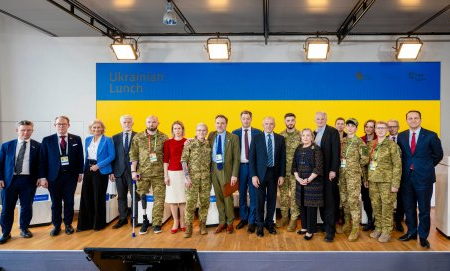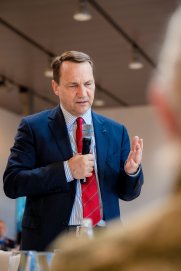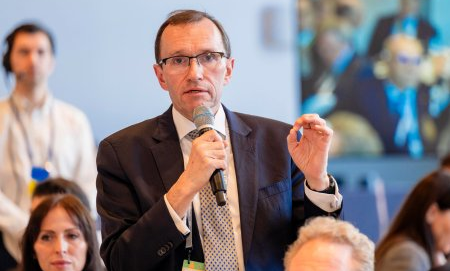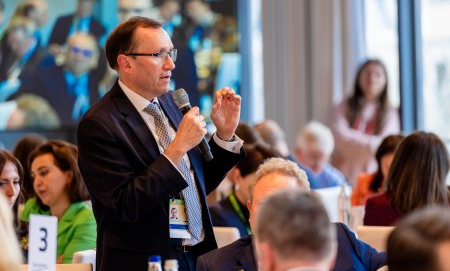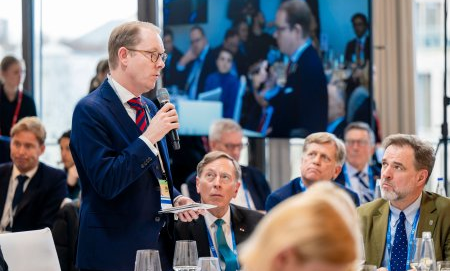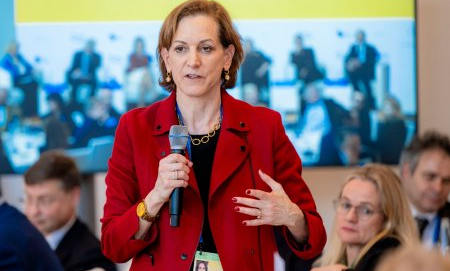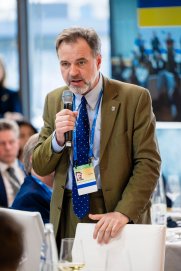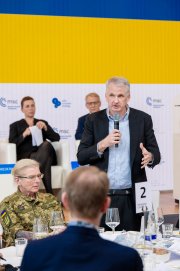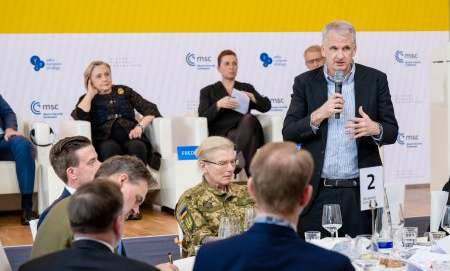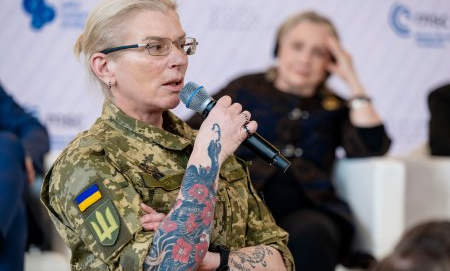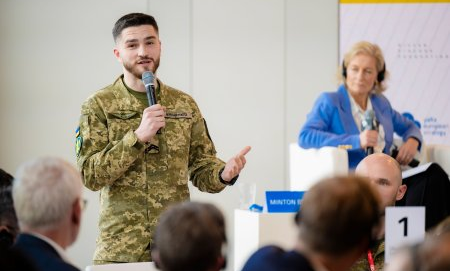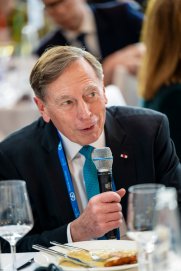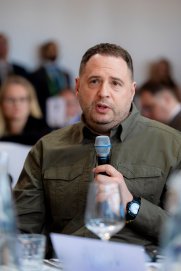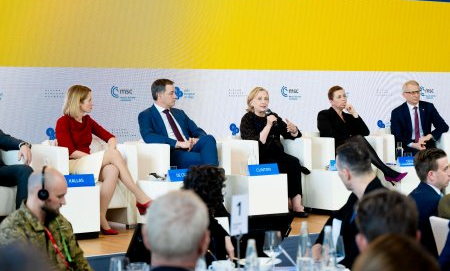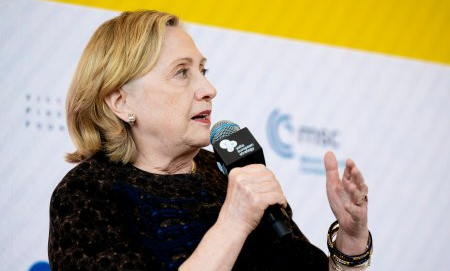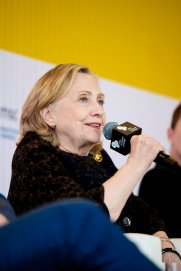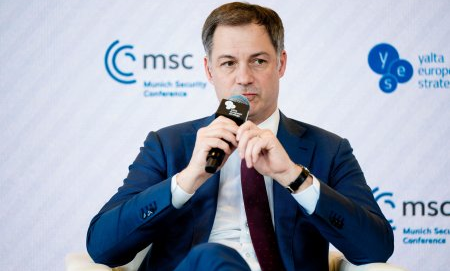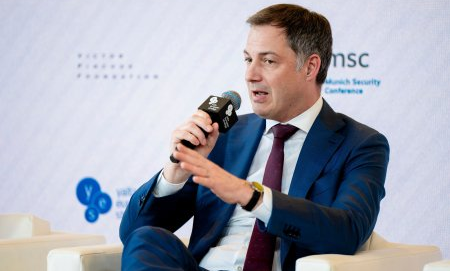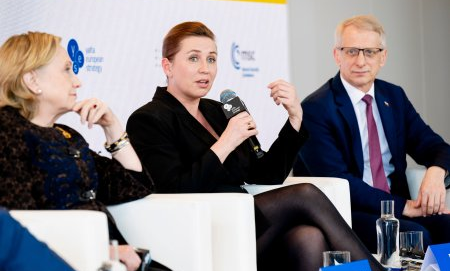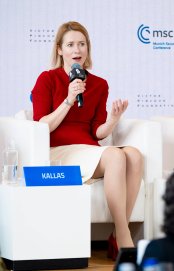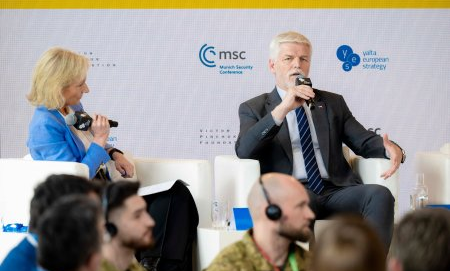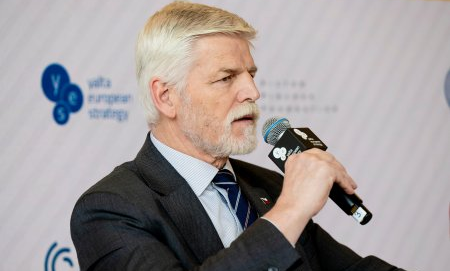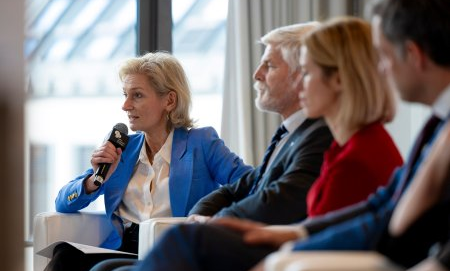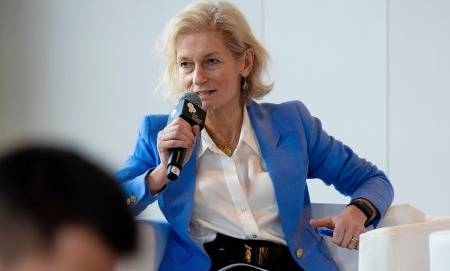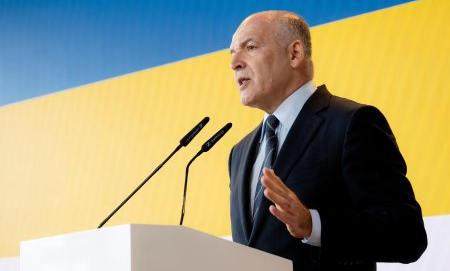The Munich Ukrainian Lunch: NEWS
“Ukraine's Security in a Shifting World Order” was discussed at the first Munich Ukrainian Lunch
On February 18, 2017 Yalta European Strategy (YES) hosted the 1st Munich Ukrainian Lunch on “Ukraine's Security in a Shifting World Order” organized within the framework of the Munich Security Conference. Leaders from politics and business; experts and media from Ukraine and the world attended the event.
General David H. Petraeus (U.S. Army, Retired), Director, Central Intelligence Agency (2011-2012), Chairman, KKR Global Institute, KKR & Co. L.P. and Anders Fogh Rasmussen, Founder and Chairman of Rasmussen Global, Prime Minister of Denmark (2001-2009), Secretary General of NATO (2009-2014) took part in the panel discussion focusing on how changes in the international order influence Ukraine's security perspectives. Stephen Sackur, Presenter, HARDtalk, BBC World News, moderated the discussion.
Victor Pinchuk, businessman and philanthropist, founder of the Yalta European Strategy opened the event, saying: “Three years ago Ukrainians chose a European future. They defend it with their blood. But in these there years, Europe has changed. The West has changed. Where will it go, we don’t know. Somebody may think there are now more important things. Ukraine maybe looks like a problem to some. But Ukraine is part of the solution. There will not be security in Europe if there will not be security for Ukraine.”
In his remarks Anders Fogh Rasmussen underlined that: “To make America great is to make Ukraine strong because Ukraine is also geopolitically a very important element. We should make sure that Ukrainians can decide their destiny themselves.” He continued, saying that “the West should provide the Ukrainians with the necessary military equipment so that they can defend themselves. To make Ukraine strong it would also mean that you make clear to everyone including administration in Washington that Ukraine is a success story.”
Discussing practical solution of finding a path to peace in Ukraine General David H. Petraeus stressed that the sanctions against Russia should be kept. He also supported the idea that “Ukraine should be provided with military resources.”
In his comments to the panel discussion David Lipton, First Deputy Managing Director of IMF underlined that there exists a link between economics and security: “From the economic side we know that there can’t be economic success without security.” He admitted that a lot was done but at the same time “there is a lot to be done. If it is done Ukraine will warrant support and the West will be ready to support.”
Commenting the discussion Chrystia Freeland, Minister of Foreign Affairs of Canada emphasized that “Canada stands very firmly with Ukraine.” She added that “it is important to acknowledge how much Ukrainian government has done. The problem for Ukraine is to be good is going not to be sufficient. Ukraine has to be brilliant at reforms at a leadership level and at a society level.” She asked not to redouble efforts as “this is the best chance Ukraine has ever had in its history to come out strong, prosperous and sovereign.”
In his closing remarks Aleksander Kwasniewski, President of Poland (1995–2005), Chairman of the Board of YES said: “Optimism is crucial for the future of the country and to keep positive image of Ukraine abroad. My advice is to continue reforms because success of reforms is the best weapon we can have in our hands as advocates of Ukraine”.
The situation in Ukraine was also commented by Natalie Jaresko, former Minister of Finance of Ukraine; Vitaliy Klitschko, Mayor of Kyiv; George Soros, Chairman, Soros Fund Management LLC; Alexander Vershbow, Former Deputy Secretary General of the NATO; Kurt Volker, Ambassador (ret.), Executive Director, McCain Institute for International Leadership, Arizona State University of Phoenix; Arseniy Yatsenyuk, former Prime Minister of Ukraine.
Over the past five decades, the Munich Security Conference (MSC) has become the major global forum for the discussion of security policy. Each February, it brings together more than 500 senior decision-makers from around the world, including heads-of-state, ministers, leading personalities of international and non-governmental organizations, as well as high ranking representatives of industry, media, academia, and civil society, to engage in an intensive debate on current and future security challenges.


